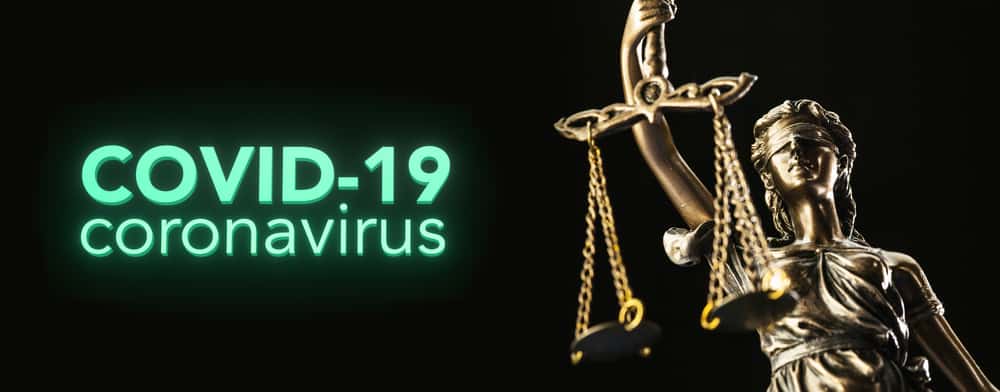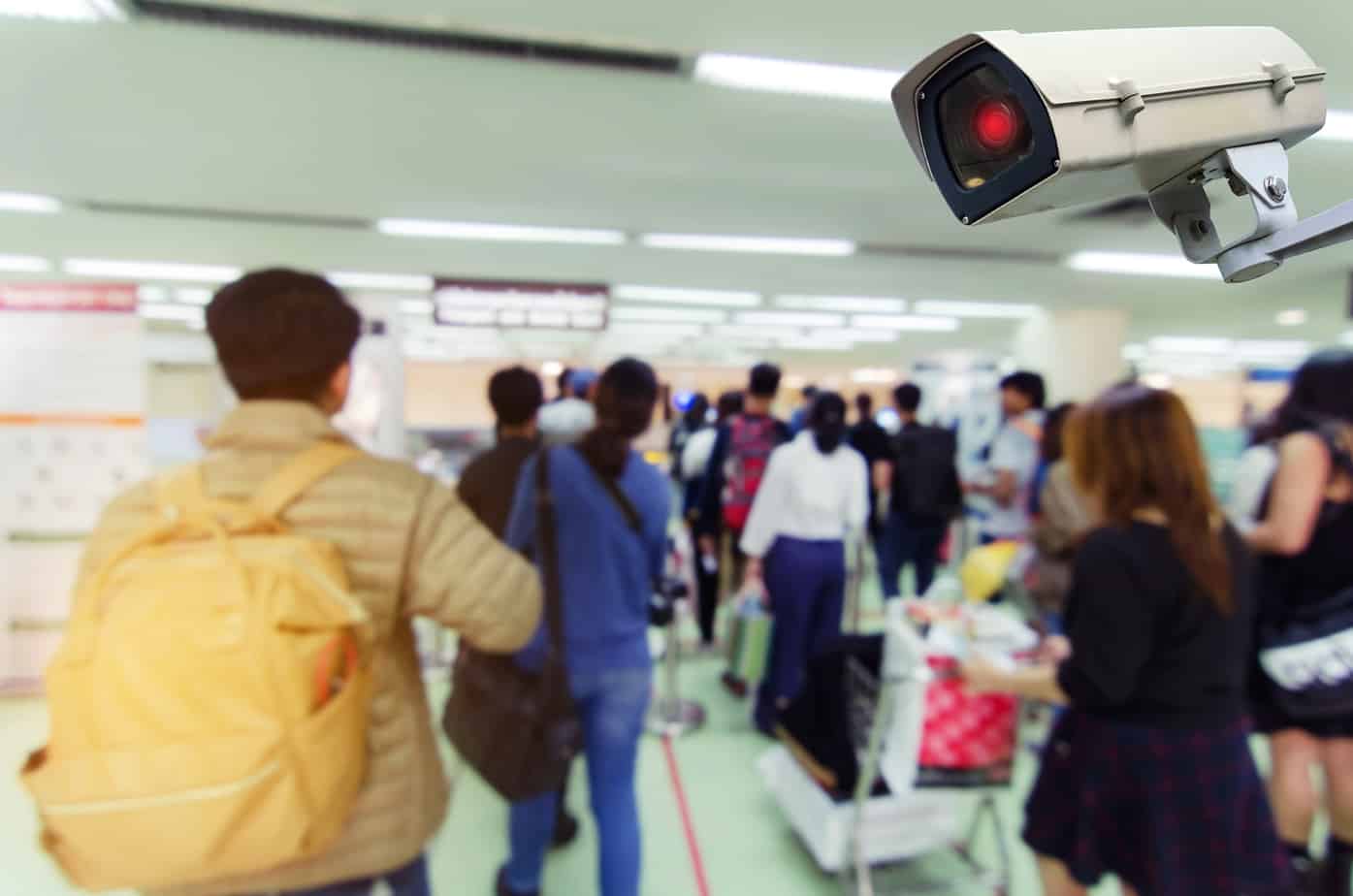The coronavirus has killed about 120,000 people across the globe including almost 24,000 US citizens, but the economic toll it has already wrought has been incalculable as global public life has all but shut down. And as supply chains shut down and workers are unable to leave their homes, government contractors will inevitably fail to fulfill previously signed contracts in a timely manner.
But government contractors often have a compensable or excusable delay clause which will prevent them from being suffering financial penalties due to the coronavirus. Yet it will not be enough to simply assert that the coronavirus exists, and so these clauses should kick in. Lawyers representing government contractors need to review these clauses as well as the case law surrounding them in order to take the best course of action.
The Excusable Delay Clause Explanation
As the Cornell Legal Information Institute mentions, an excusable delay clause is a clause which appears in contracts for supplies, services, construction, and research and development. The key part of the clause for here is that contractors will not be in default if “the delay in completing the work arises from unforeseeable causes beyond the control and without the fault or negligence of the Contractor.” Epidemics and quarantine restrictions are explicitly listed as two examples of causes beyond the contractor’s control.
The first step for any government contractor who is at risk of failing to complete a job in time is to confirm that an excusable contract exists. Furthermore, if a contractor cannot do their job because a subcontractor has been unable to do their job due to the coronavirus and quarantine restrictions, then the contractor can still use the excusable delay clause. Without such a clause, a contractor can be subject to penalties and the U.S. government could end up taking over the work. A contractor working for the Skylark Senior Care or a different company impacted by the ongoing pandemic would thus find such a clause invaluable.
Challenges of the Clause
But as noted above, government contractors cannot just assume that it will be enough to claim that the coronavirus will be enough to invoke the excusable delay clause. Government contractors will have to prove not just that the coronavirus epidemic exists but must prove that the virus caused a material delay. Past cases show how difficult that is.
For example, government contractors have tried to use hurricanes and other natural disasters as reasons to invoke the excusable delay clause. But as Lexology points out incidents where businesses failed to document how they were affected by the hurricane or the government that the contractor would have failed to accomplish the task even if the hurricane had not occurred.
Finally, invoking this clause even if successful will still carry some penalties. Government contractors will have to eat the resulting costs of taking longer to complete a job and cannot expect to receive additional monetary compensation for the new difficulties created by the coronavirus. As neither side could have anticipated that the coronavirus’s destruction would be this immense, both sides will end up sharing in the costs and damages.
These factors mean that lawyers and government contractors must begin detailing the exact impacts of the coronavirus as soon as possible. It should be easy to prove that the coronavirus is like nothing any government contractor has experienced before, even compared to other epidemics or quarantine restrictions. But it will be another matter to show how exactly the contractor was impacted by the virus, and that there was nothing the contractor could have done to get the project completed on time even regarding the virus. Just like the virus, a delay now will mean worse consequences down the line for contractors trying to show there was nothing they could have done.



